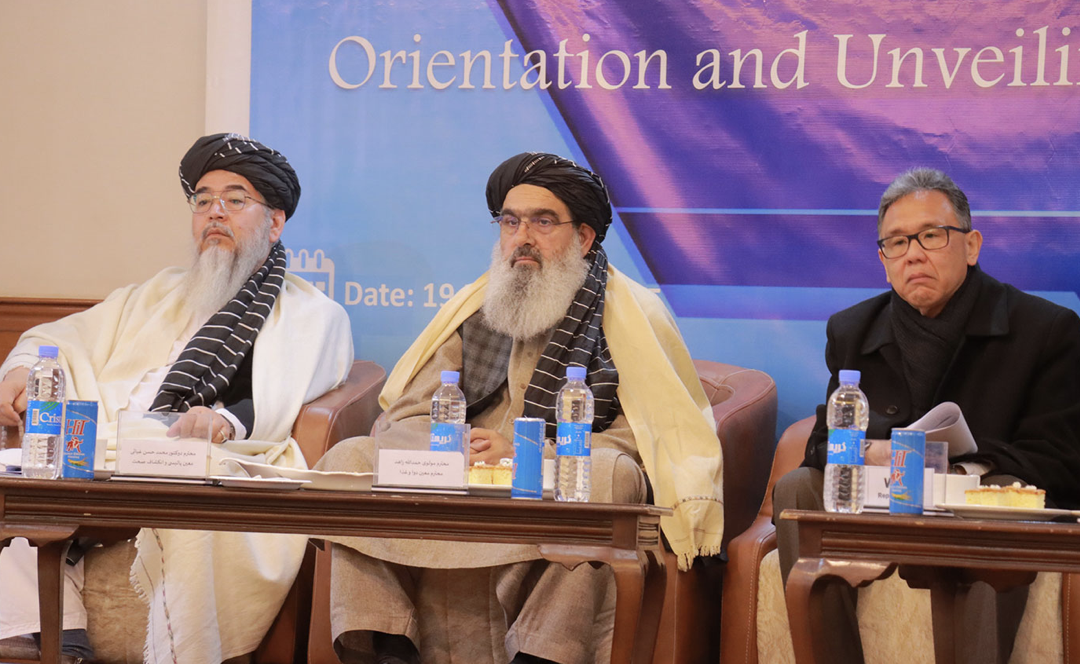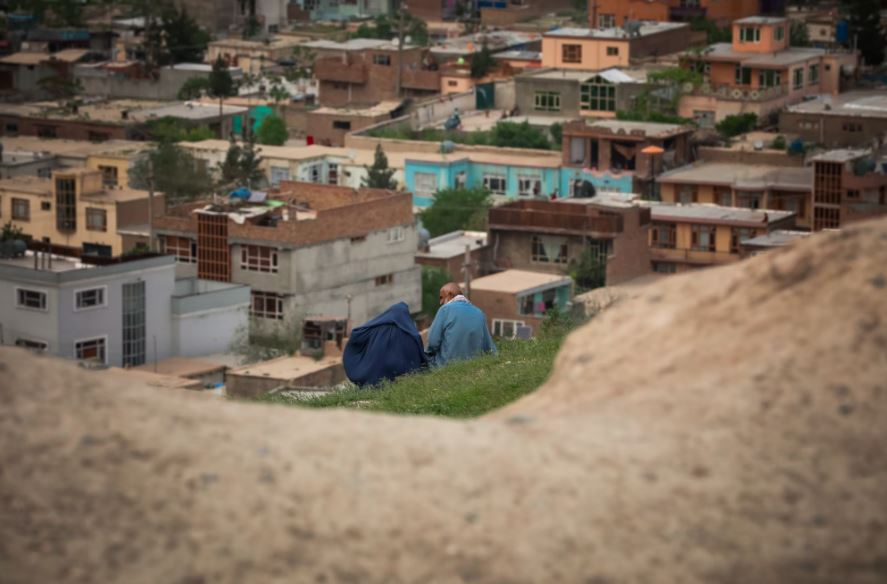The Islamic Republic of Afghanistan is a landlocked country located at the crossroads of Central Asia and South Asia. By 2021, the country’s multiethnic population reached 40.2 million. The health sector faces many challenges in delivering health care services and improving the lives of Afghan people. A sharp decline in public spending and lower household incomes hampered health sector activities according to a 2022 World Bank press release. Data reported in the Global Health Expenditure Database show that the health system is mainly funded by out-of-pocket payments, which in 2021 came to 77% of current health expenditure and financed and delivered by external sources, with minimal spending from the government. An article in BMC published in June 2022 explains that the health system in the Islamic Republic of Afghanistan, which is in a fragile, vulnerable and conflict affected situation, has been under stress in recent years.
Range of health services; too few providers who are women
The Basic Package of Health Services and the Essential Package of Hospital Services defines the country’s health services and is largely funded by external partners, according to an article in The Lancet in September 2022. Universal health coverage remains a policy focus despite some difficulties sustaining gains made in the past two decades, and, the article states, “[a]ccess to primary health care, particularly for women and children, remains a major concern in Afghanistan”. The Lancet article also cites an August 2022 article published by the London School of Hygiene & Tropical Medicine, that states that before the Taliban, a shortage of women health care providers affected the “provision of life-saving services, provision of life-saving services, particularly for women and children”. This dearth led to low access to health services, including primary health care for women and children.
Patients at risk
People seeking medical care are forced to take extreme risks and face unaffordable fees, leading to patients arriving in critical condition, according to a May 2021 report from Médecins sans frontières. Insecurity and health care costs often put patients at risk. Although continuous support from the international community is crucial for maintaining the provision of health services and minimizing the adverse impacts of the severe humanitarian crisis, political commitment to increase domestic resources to health is needed. A cofinancing initiative is a short-term solution. In the long term, increased allocation of domestic resources to health services and strengthening social health protection is key to ensuring the sustainability of the country’s health system.


